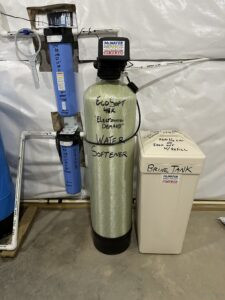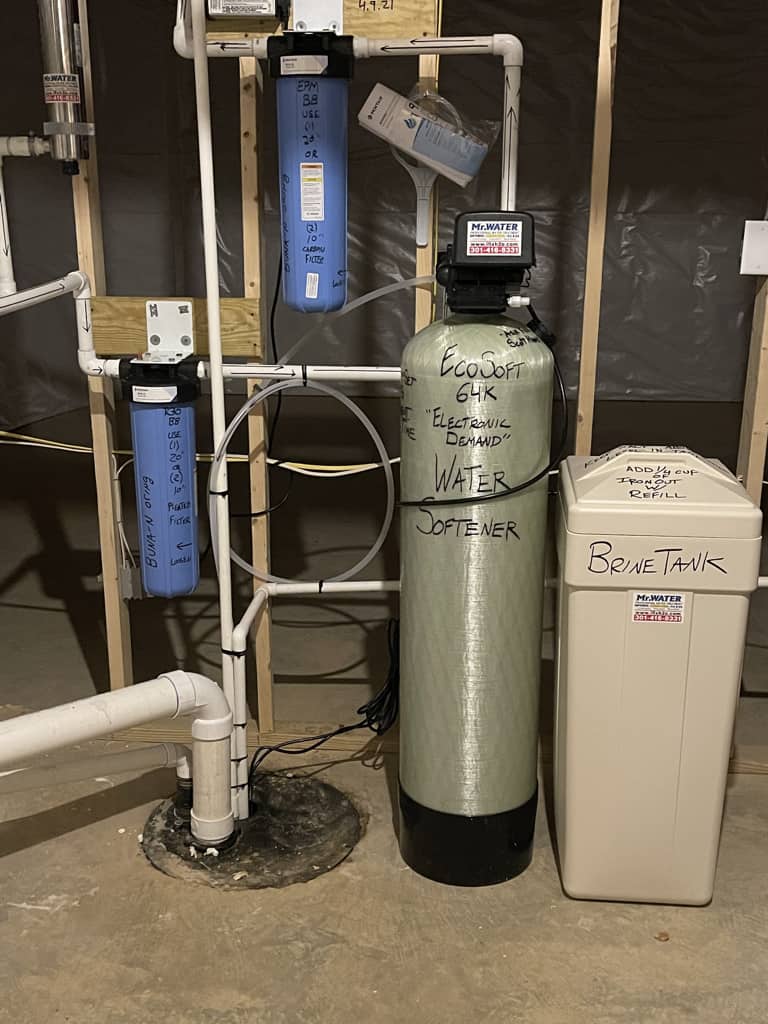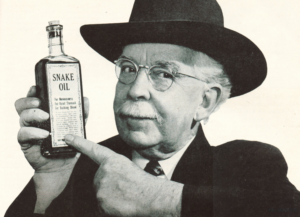Licensed – Bonded – Insured
Monday – Saturday 8:00am to
6:00pm
Monday – Saturday 8:00am to
6:00pm
Give Us A Call (301) 416-8331

The water softening systems our company designs and builds treat for water problems like Hard Water, Iron, Manganese and with the proper filters installed will also remove Sediment and Chlorine from your water. We construct these heavy duty systems out of the finest components available and install them the right way so you can have an easy to take care of water softener with minimal maintenance requirements. We have home and business water softening systems for both well and municipal water.
With simple filter changes and the periodic adding of water softener salt – you and your family will continue to get soft water for showering, bathing, and laundry for decades to come. Our services are available in Maryland, Panhandle of West Virginia, Northern Virginia and Southern Pennsylvania.
A Water Softener is a plumbing apparatus designed to combat various water quality issues commonly found in residential and commercial water supplies. It primarily targets ions of calcium hardness, iron, manganese, and other positively charged constituents present in water. These unwanted ions can cause limescale buildup, staining, and other issues in plumbing fixtures and appliances.
The core mechanism behind a water softener’s operation is a process known as cation exchange. Within the water softener, there’s a tank filled with resin beads containing sodium or potassium ions. As hard water passes through this resin bed, the undesirable ions like calcium and magnesium attach themselves to the resin beads, displacing the sodium or potassium ions. In essence, the exchange leaves the water with fewer hard minerals and, as a result, softer.
It’s essential to note that water softeners are distinct from water filters. While water softeners primarily focus on removing hardness ions through ion exchange, water filters are designed to target various contaminants through physical filtration or chemical processes.
When installing a water softener on a well system, it’s crucial to incorporate a properly sized filter between the well tank and the resin tank. This additional filter helps remove sediment like sand and silt that can accumulate and damage the water softener over time, causing issues such as leaks, stuck internal components, and pressure problems.
Similarly, when installing a water softener on municipal water supplies, a carbon filter is necessary before the system. This carbon filter serves two critical purposes: it removes chlorine taste and odor from the water, enhancing its quality for consumption, and it prevents chlorine degradation of the softening resin. Without this pre-filtering, chlorine exposure can significantly reduce the effectiveness and lifespan of the resin, potentially rendering the water softener ineffective in a relatively short time span.
Overall, water softeners play a crucial role in improving water quality, protecting plumbing systems and appliances, and ensuring the comfort and convenience of residents and businesses alike.

Resin Tank Size and Shape: The size and shape of the resin tank dictate the capacity of the water softener. Larger tanks can handle more water volume and may be necessary for households with higher water consumption or severe water hardness issues.
Resin Quantity: The amount of resin in the tank directly affects the softener’s capacity to remove hardness ions from water. Higher resin volumes typically indicate higher capacity and longer intervals between regeneration cycles.
Tank Configuration: Some water softeners feature a cabinet model design where the resin tank is contained within the brine tank, saving space. This configuration is popular for residential settings with limited space availability.
Control Valve Type: Control valves used in water softening equipment vary in size and quality. Basic time clock controls regenerate the softener at predetermined intervals, regardless of water usage. While reliable and straightforward, this method can be inefficient in terms of salt and water usage and may lead to premature valve wear.
Electronic Demand or Metered Control Valve: Water softeners with electronic demand or demand-initiated regeneration control valves have become increasingly common. These valves regenerate the softener based on actual water usage, optimizing salt and water consumption while extending the system’s lifespan.
Consumer vs. Professional Grade: Some water softeners, like those found at home improvement stores, are designed for consumer use. While affordable, these units may lack the durability and versatility needed for challenging water quality issues, particularly in well water situations. Repairing such units can be difficult due to limited availability of replacement parts.
Understanding these differences can help consumers make informed decisions when selecting water softening equipment that best suits their needs, whether it’s for residential or commercial use, and whether they’re dealing with municipal or well water sources.
Check our Pricing here:

So called “salt free” or “no salt” Water Softeners are NOT Water Softeners at all and DO NOT actually soften water by removing any calcium, magnesium or iron from the water and they have NO peer reviewed scientific studies proving they work at all. Claims of catalytic processes and anti-scaling properties have no demonstrated validity. Cation exchange Water Softeners have been in use for over 85 years and are the ONLY type of water softener system any home or business owner should consider purchasing.
Replacement of “No Salt” Aquasana “Rhino” system with Proven Ion Exchange Water Softener System
Mr. Water Professional Water Treatment of Maryland is a LOCAL full service water softening and conditioning company. We have been serving the water filtration and purification needs of residential and business customers since 2005.
Our service area includes Central Maryland, West Virginia Panhandle, Northern Virginia, and Southern Pennsylvania.
(301) 416-8331
1-888-434-9426
411 Guilford Avenue
Hagerstown, MD 21740
info@ifixh2o.com
Do you need to get your water fixed? You found the right place! Please complete our “Contact Us Form” and we will get back to you ASAP!
Our Mission Statement
Mr. Water Professional Water Treatment of Maryland is committed to providing the highest quality water softening and conditioning products and services to our customers. Our goal is to advance the science of water filtration and purification thru innovative and patented products that improve the quality of our customers’ water by adhering to the ethical standards we espouse. The need for clean clear potable water is fundamental to all existence on earth and this precious resource touches every aspect of our daily lives. This gives our company an opportunity to make a positive difference in our community by raising awareness of water quality problems and educate our customers and employees in the best ways to solve them.
Copyright © 2006-2024 Mr. Water LLC™
All trademarks are the property of their respective owners. Mr. Water Professional Water Treatment ™ of Maryland treats all personal information in a confidential manner based on the highest ethical standards.